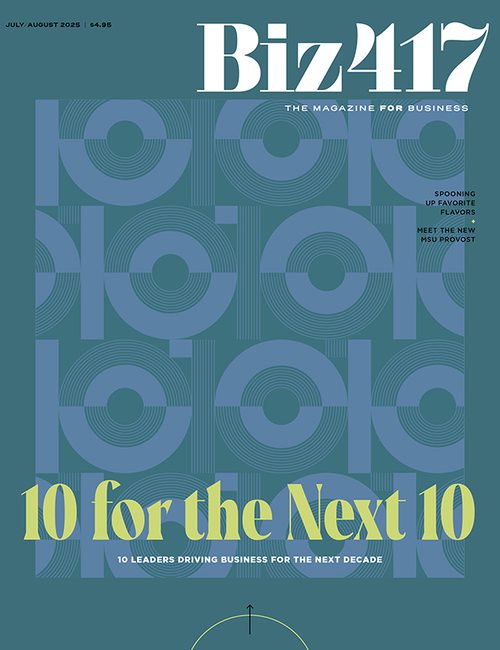
Four Types of Interviews
People Centric Consulting Group walks you through the types of interviews you need to conduct to get the right hire.
By Diana Day
Jan 31 2017 at 8:57 a.m.

The average company loses 20 to 50 percent of its employee base each year. This means that $11 billion each year is lost due to employee turnover. Hiring should be a common topic in your organization. Even when you are not currently hiring, you and your organization should be thinking about your next hire.
A crucial piece of the hiring process is the interviews. Depending on the position, culture or experience of the candidate, there are various types of interviews that organizations can conduct to help determine if the candidate is the right fit.
Screening Interview (A quick look to see if you’re even interested):
People Centric recommends hiring slowly and being thorough to get the right hire. However, with a screening interview, the goal is to eliminate those who are inappropriate for the position as quickly as possible. A screening interview should take no more than 30 minutes. Ask questions to uncover any red flags related to a candidate’s experience, skills and cultural fit. After a candidate’s response, ask additional questions beginning with “what,” “how,” or “tell me more about.” Pull the plug on candidates that don’t fit and pass the ones that do fit on to the next round of interviews.
Sample questions might include:
What are your career goals?
What are you good at professionally?
What are you not interested in doing?
Who were your last five bosses, and how will they each rate your performance on a one to 10 scale when we talk to them?
Going Deeper Interview (Learn the most information about a candidate):
The goal of the going deeper interview is to uncover patterns in a candidate’s career and then match that with your scorecard. This is the most valid and reliable predictor of performance. The expectations from this interview should be explained up front, and the interview should be conducted by at least two people. Explain that their career story will be put into chapters, and your organization will be looking into each chapter. To do this, you can ask the following:
What were you hired to do?
What accomplishments are you most proud of?
What were some of the low points during that job?
Who were the people you worked with (get specifics)?
Why did you leave?
Be sure to get elaborate answers for these questions. Ask the follow up questions of “who,” “what” and “tell me more,” if necessary.
Focused Interview (Determine if they can do the job and interact with your team):
A focused interview can be extremely beneficial because it allows other team members to gather additional information regarding the candidate. Although it is a thorough interview, it should not be conducted like a going deeper interview. This interview should also focus on the outcomes and competencies of the scorecard, and it should last about 30 to 45 minutes. Sample questions could include:
What are your biggest accomplishments in this area during your career?
What are your insights into your biggest mistakes and lessons learned in this area?
Other questions should be asked that can help you gauge the candidates cultural fit. Ask them how they view the company culture, where they think they will fit and where they think they will not fit.
Reference Interview (Don’t skip this one):
It is vital for hiring managers to check with the right references. These can include bosses and peers mentioned in the going deeper interview, not just those listed the standard reference list. A useful tip is to ask the candidate to set up the interview to avoid roadblocks. References should be used to validate and test what the candidate stated.








